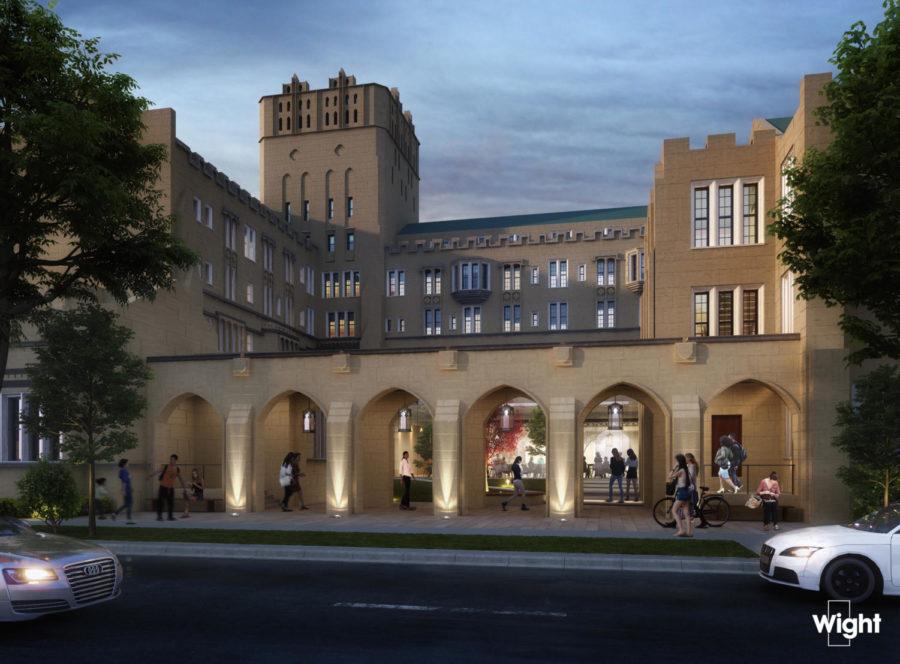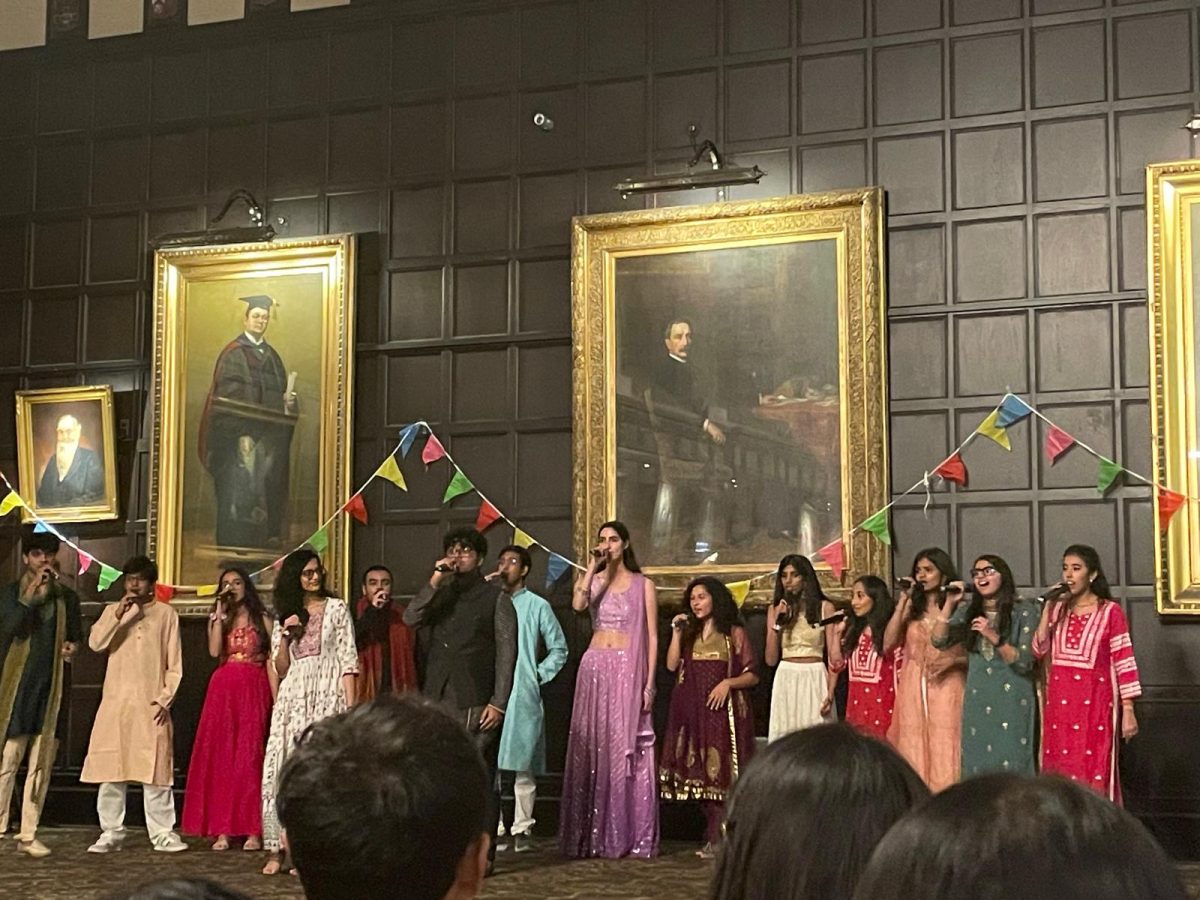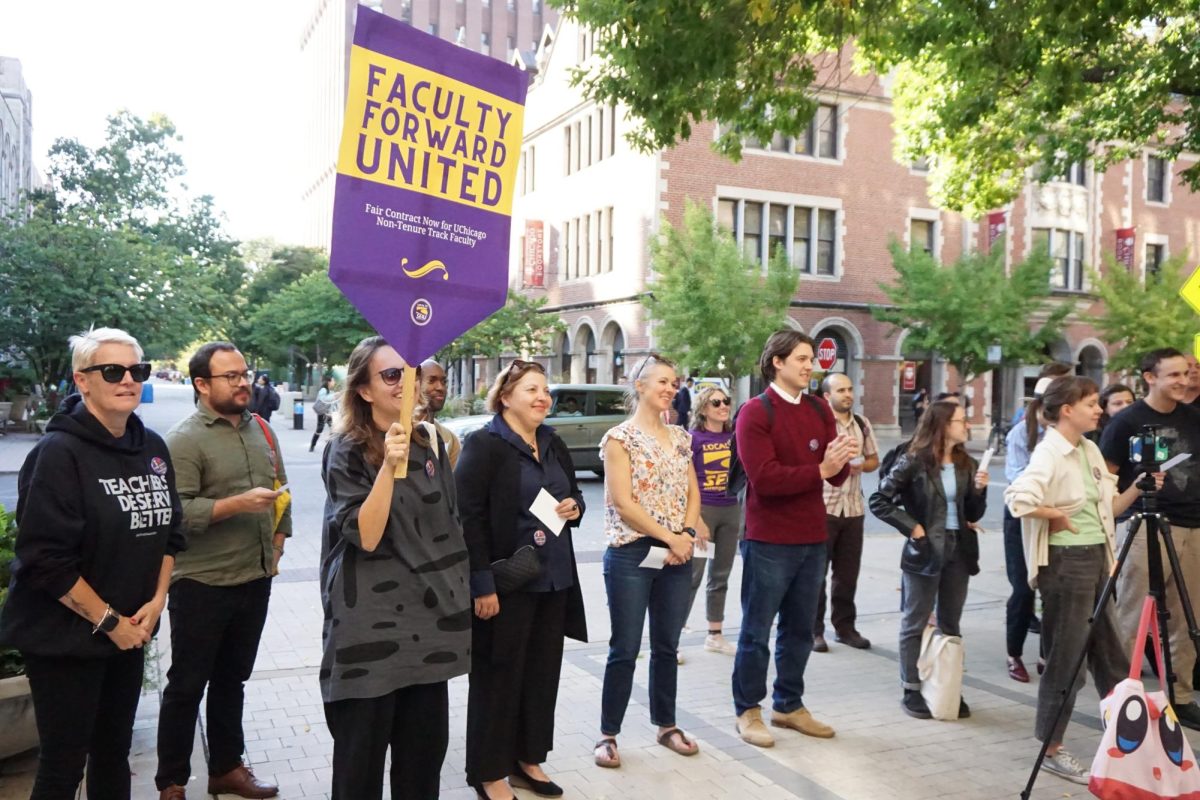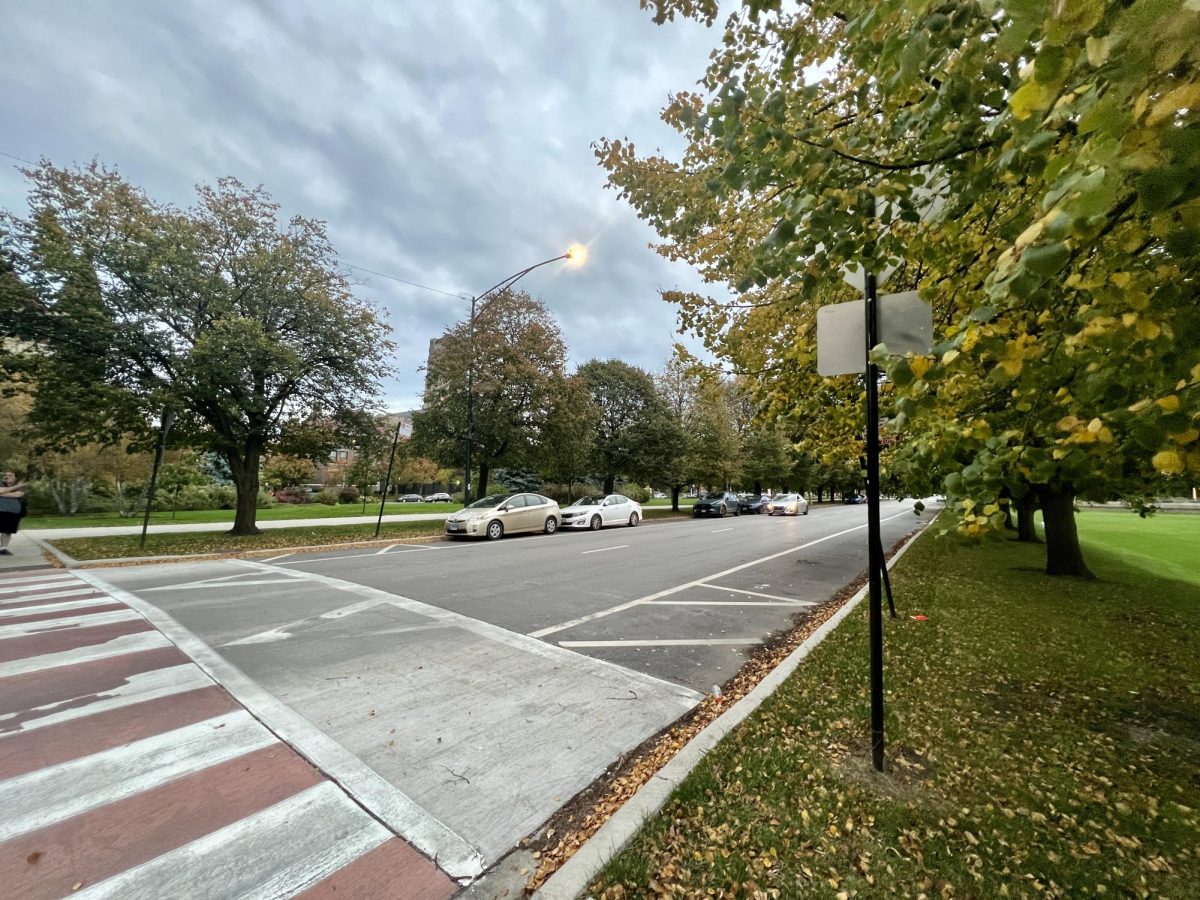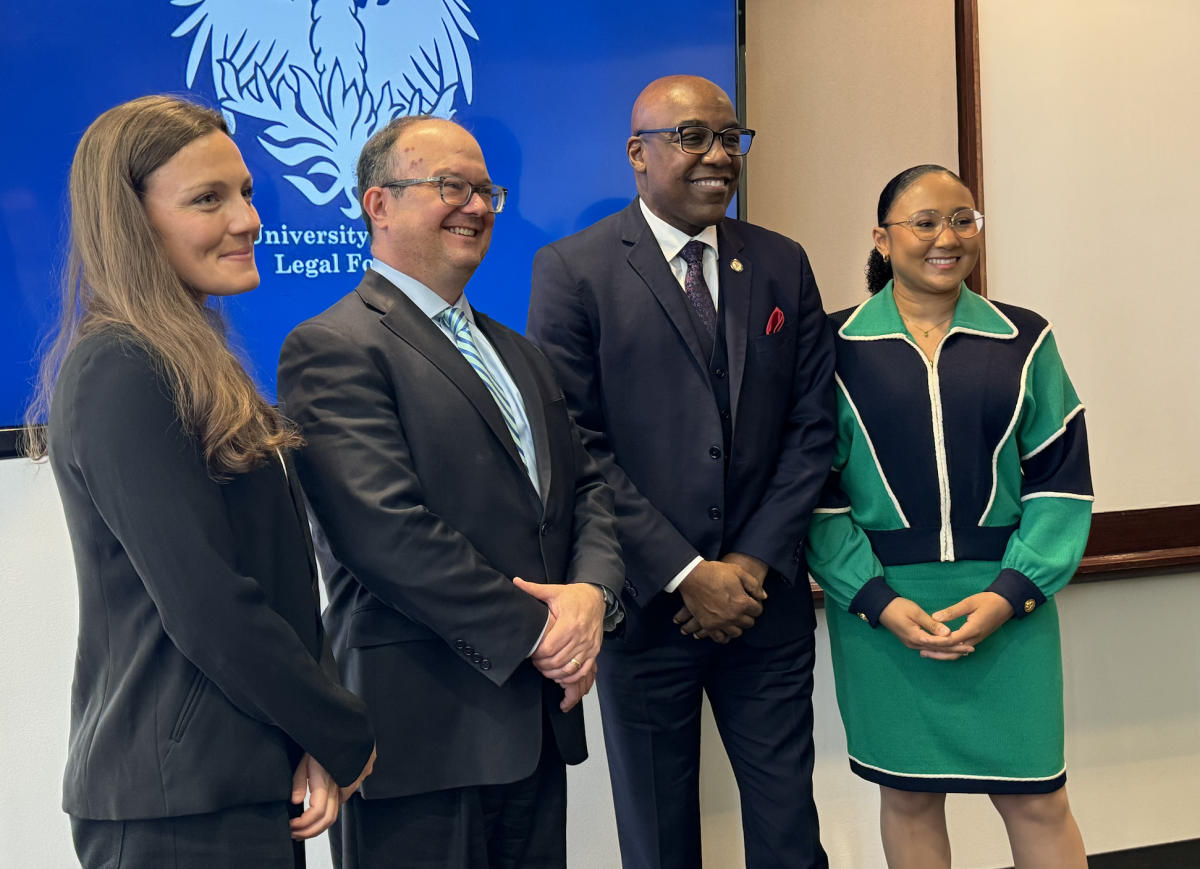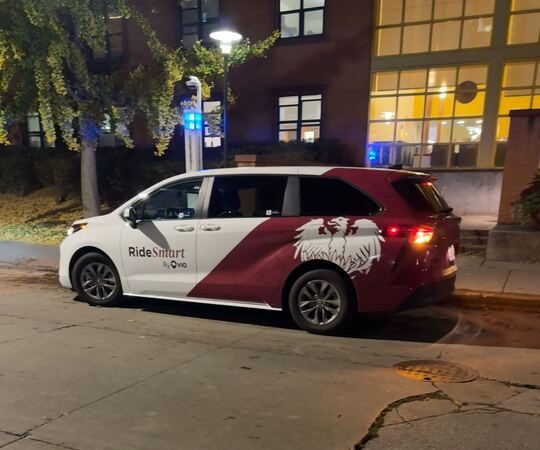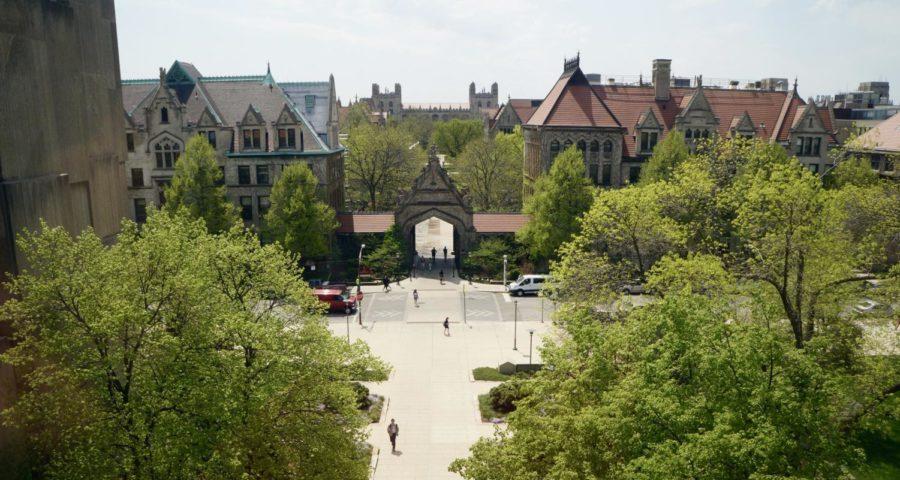College is an exciting time full of many firsts. But sometimes, the increased independence and responsibility that come with being in college can be intimidating. Luckily, if you experience difficulties at UChicago, there are several resources you can turn to for help.
Academic Assistance
Courses at the University of Chicago are highly rigorous. It’s normal to feel a little intimidated by your first-year coursework, and it’s equally normal to turn to the college’s many academic resources for help.
Every incoming student is assigned an academic adviser. Your adviser is a great resource for all things academic, including course selection, grades, and choosing a major. Your adviser can also help with personal difficulties; think of him or her as a first line of defense when you’re struggling.
If you have questions about specific concepts or assignments in your Core and introductory classes, the College Core Tutors are here to help. Starting second week, tutors are available between 7 p.m. and 11 p.m., Sunday through Thursday. The College Core Tutors are located on the third floor of Stuart Hall, which is best reached through the third floor of the Harper Memorial Library.
If you find yourself struggling with academic habits such as procrastination or test anxiety, the Academic Skills and Assessment Program (ASAP) may help. You can get information about ASAP sessions and about scheduling appointments with ASAP counselors on the ASAP webpage.
Health and Wellness
The Student Health Service (SHS) offers a wide array of health-care services. Paying your Student Services Fee allows you to access most routine medical services—like physicals, vaccinations, and STI testing—through SHS at no extra charge. SHS also offers a 24/7 nurse advice line, (773) 702–4156, which you can call for medical advice.
If you need urgent care, you can go to the UChicago Medical Center emergency room (ER). Call 911 if you need an ambulance; otherwise, it’s a short walk to the ER from campus. Be aware that your ER visit may not be fully covered by your insurance, and ambulances are often especially expensive.
The Health Promotion and Wellness program offers information and resources to help students live a healthy lifestyle. It runs many great programs, including the Pet Love program that brings therapy dogs to campus, Mental Health First Aid training sessions, and the Sunny Spots Map that shows you where to catch some rays on campus!
Counseling and Support
If you’re experiencing mental illness or you want a counselor’s advice, the Student Counseling Service (SCS) is here for you. SCS offers therapy and counseling to students on a short-term therapy model (usually 10 weeks). Students who would benefit from longer-term treatment are generally referred to Chicago-area therapists. All SCS services are covered by the Student Services Fee.
You can make an appointment with SCS by calling (773) 702–9800 during business hours or by walking in. All appointments with Student Counseling are confidential unless your clinician feels that you are a danger to yourself or others.
The University also offers support services targeted at specific populations of students. Student Support Services offers advising and aid for first-generation, low-income, or undocumented students. The Office of Multicultural Student Affairs (OMSA) supports students from underrepresented racial and ethnic backgrounds, and offers diversity training and resources. The Office of Lesbian, Gay, Bisexual, Transgender and Queer (LGBTQ) Student Life serves LGBTQ+ students and hosts queer-focused events for the campus community. All of these services are housed within the Center for Identity + Inclusion.
Are you looking for ways to meet other students? Participating in Recognized Student Organizations (RSOs) is a great way to make friends. UChicago has more than 350 RSOs, including affinity groups for students of different backgrounds as well as interest groups for countless interests and activities. You can view the full list of RSOs on Blueprint or go to the RSO fair held at the beginning of the fall quarter to learn more.
Many students also form social connections through their classes and through their Houses. Some students choose to join Greek Life; for those so inclined, UChicago has four Panhellenic sororities, 13 social fraternities, and several Multicultural Greek Council organizations as well as an assortment of coed academic, pre-professional, and service fraternities.
Residential Resources
Dorm life can be challenging. Luckily, some of your best advisers may live just down the hall. There are three tiers of Housing employees who support students: RAs, RHs, and RDs.
If you or one of your friends is struggling with something and wants the advice of a peer, your Resident Assistants (RAs) are a great resource. RAs are upperclassmen who are paid room and board in exchange for providing advice and guidance for the residents of their Houses.
Resident Heads (RHs) are graduate students, faculty members, or University staff who have authority over a given House. RHs are mentors, advisers, and counselors—but they also discipline students who break Housing rules. RHs also host study breaks to help students destress and form social connections. If you’re in an emergency situation and need help or advice, your RHs are often the best people to contact.
Resident Deans (RDs) are senior faculty members who live in Housing and have authority over a given residence hall. RDs supervise the entire Housing team in their residence halls.
Crisis Resources
If you are experiencing a crisis, you can call (773) 834–4357 to reach the University’s 24-hour Dean-on-Call and Sexual Assault Dean-on-Call program. The Dean-on-Call can offer advice, referrals to other University services, help with reporting crimes to the police, housing assistance, and de-escalation services in critical situations.
Be aware that although the Dean-on-Call is a private resource, it is not an anonymous one; your identifying information may be given to the University of Chicago Police Department (UCPD) or other University personnel. In some cases, the Dean-on-Call may inform your family or friends of your call.
If you’re experiencing a crime or a health emergency, call 911. UCPD can also be reached at (773) 702–8181.


